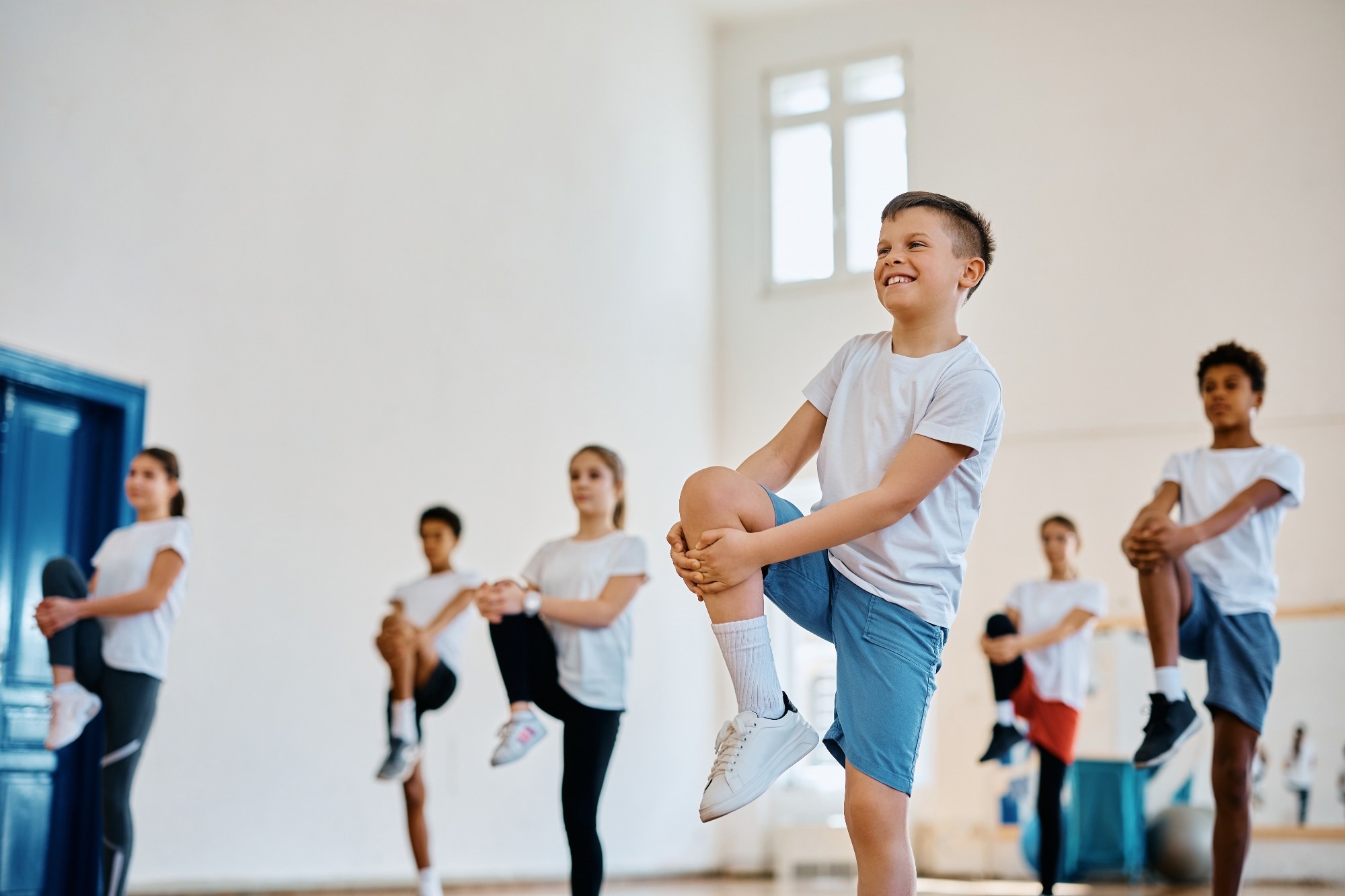Despite extra training hours, only a small fraction of Polish students achieve good motor skill proficiency, raising concerns about how schools prepare children for lifelong physical activity and talent development.
 Study: Assessing fundamental motor skills proficiency in school-based sports physical education programs: implications for talent development. Image credit: Drazen Zigic/Shutterstock.com
Study: Assessing fundamental motor skills proficiency in school-based sports physical education programs: implications for talent development. Image credit: Drazen Zigic/Shutterstock.com
A Polish study, published in Frontiers in Sports and Active Living, reveals that although sports-based physical education programs perform better than traditional programs, both groups still show alarmingly low proficiency levels overall.
Background
Motor competence is a person’s ability to perform skilled, coordinated movements. These basic building blocks form the basis of more complex movement patterns called fundamental motor skills. They are crucial for developing and refining more complex sport-specific skills.
Fundamental motor skills, including locomotor skills (running, jumping), object control or manipulative skills (throwing, kicking), and balance or stability skills (body rolling, static balancing), are essential for participating in different physical activities and achieving long-term involvement in sports and exercise.
Fundamental motor skills can be developed in children through a structured and often difficult training process delivered by physical educators, sports coaches, or parents. Inadequate acquisition of these skills during the childhood developmental phase can lead to a lack of physical and mental fitness later in life.
Early specialization and early diversification are two primary models of developing fundamental motor skills in athletes. Early specialization involves participation in a single sport from childhood, maximizing performance outcomes. In contrast, early diversification refers to participation in various sports during childhood through self-motivated, loosely organized, and socially enjoyable play activities. This model encourages a delayed approach to specialization, typically beginning in adolescence, and comprehensive skill development.
Given the significant contribution of fundamental motor skills to a person’s overall well-being, the current study was designed to assess and compare the overall fundamental motor skill proficiency of school students undergoing sport-based physical education programs or traditional physical education programs.
The study also examined whether distinct sport-specific tracks in these programs promote early specialization or early diversification.
Study design
The study population included 1,332 students from 12 schools across Poland. Of enrolled students, 547 participated in sport-based physical education programs and 785 attended traditional physical education programs.
The male students in the sport-based physical education group were divided into four sports categories: basketball, track and field, soccer, and volleyball. Similarly, female students were divided into three sports categories: basketball, track and field, and volleyball.
The fundamental motor skill in sport (FUS) test was carried out to evaluate fundamental motor skill proficiency across six motor tasks, including hurdles, jumping rope, forward roll, ball bouncing, ball throwing and catching, and kicking and stopping a ball.
Key findings
The study findings revealed insufficient fundamental motor skill proficiency in both groups. Although both groups showed low proficiency, students in sport-based programs performed significantly better across all tasks. Nevertheless, most students in both groups remained at an insufficient level. They were less likely to fall into the insufficient category than those in traditional programs.
In the sport-based physical education group, a small proportion of students exhibited an excellent level of proficiency, and a significantly higher proportion of students exhibited good or elementary level proficiency compared to those in the traditional physical education group.
The study revealed that the analyzed physical education programs primarily focus on sport-specific skill development rather than improving overall fundamental motor skill proficiency. This indicates these programs tend to exhibit characteristics consistent with early specialization within sport-based physical education programs.
Study significance
The study reveals that students attending sport-based and traditional physical education programs in schools in Poland have alarmingly low levels of fundamental motor skill proficiency. This is a matter of critical concern, given the substantial impact of childhood fundamental motor skill proficiency on overall physical and mental well-being in adolescence and adulthood. The study also highlights that sport-based physical education programs are more closely associated with early specialization than early diversification.
The study identifies good or excellent motor skill proficiency in only around 14% of boys (12.6% good and 1.2% excellent) and 6% of girls (5.6% good and 0.5% excellent) in sport-specialized physical education programs. This finding raises concerns about the developmental adequacy of these programs as early talent pathways and the efficiency of early specialization models in improving overall fundamental motor skills.
By analyzing motor skills in participants involved in distinct sport activities, the study finds that basketball players exhibit strong performance in ball bouncing, soccer players excel in kicking and stopping the ball, and track and field students perform best in hurdles and forward rolls. Volleyball participants showed relatively stronger performance in throwing and catching. However, as shown in comparative analysis, these sport-specialized groups tended to underperform in other tasks outside their primary sport.
These findings indicate that repeated practice of a specific set of tasks may facilitate isolated skill development; however, such sport-specific training approaches may not improve overall fundamental motor skills, which are necessary for long-term talent development and physical fitness.
The study enrolled students from a specific nationwide sport education program in Poland, which may restrict the generalizability of its findings. The study did not measure participants' physical characteristics, such as body mass index and stature, which may potentially influence motor development.
Future studies should consider these potential confounders and adopt a longitudinal study design to evaluate the effect of different training approaches, particularly those focusing on early specialization or diversification, on fundamental motor skill development and long-term physical activity behaviors.
Download your PDF copy now!